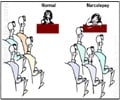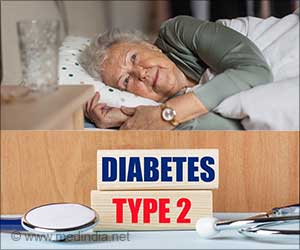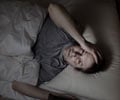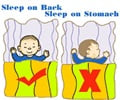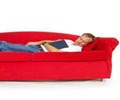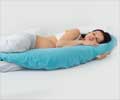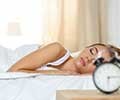Diagnosis
Taking a careful sleep history is an essential part of the evaluation of sleep disorders. The nature of sleeping difficulty, the duration of symptoms, medical and psychiatric history, and careful assessment of current and previous sleep patterns are all essential pieces of information in the differential diagnosis. Accurate differential diagnosis is essential before formulation of a treatment plan.
Sleep Logs: While not technically a laboratory test, sleep logs are sleep-wake cycle diaries, generally kept for a 2-week period and correlated with the patient's subjective assessments of daytime alertness. These diaries can be particularly helpful in diagnosing circadian rhythm disorders.
Epworth Sleepiness Scale (ESS): This scale is based on a questionnaire that asks patients to rate their responses to situations on a scale of 0 - 3 based on whether the situation was likely to be associated with dozing behavior. It was designed to give an indication of daytime sleepiness.
Polysomnography (PSG) : Is an overnight test that is done in a laboratory that takes continuous multiple measurements, while a patient is asleep and documents abnormalities in the sleep cycle. It helps to exclude sleep disorders like Obstructive Sleep Apnea, Periodic Limb Movement Disorder, and Narcolepsy.
Multiple Sleep Latency Test (MSLT): MSLT is indicated in the assessment of Excessive Daytime Sleepiness. It is performed following a supervised overnight polysomnogram. The presence of two or more sleep-onset REMs (SOREMs) in an MSLT following a normal polysomnographic study the night before supports a diagnosis of Narcolepsy.
 MEDINDIA
MEDINDIA
 Email
Email



